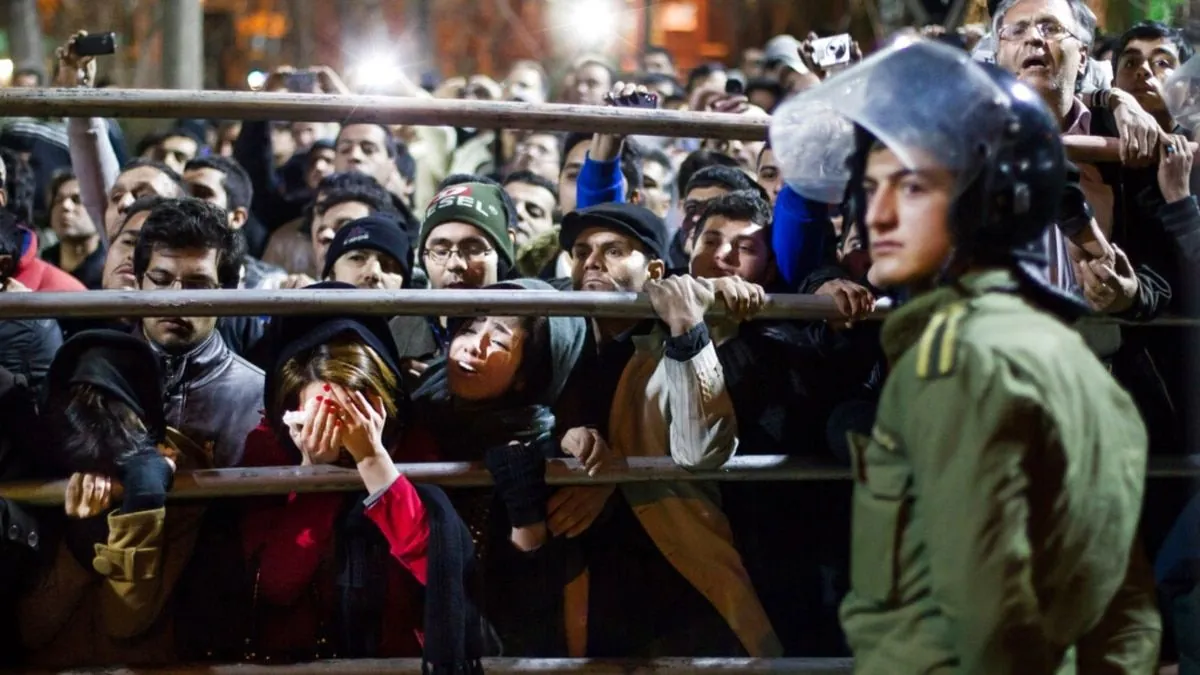Iran Conducts First Public Execution of 2024 in Central City
A man convicted of murdering a lawyer was publicly hanged in Iran, marking the country's first such execution this year. Human rights groups call for international condemnation of the practice.

In a controversial move, Iranian authorities have carried out the first public execution of 2024 in the central city of Shahroud. The event has reignited debates about capital punishment and human rights in the Islamic republic.
Iran, which has been an Islamic republic since 1979, maintains a judicial system based on Sharia law. The country's constitution allows for capital punishment, and Iran has one of the highest execution rates globally. The death penalty remains legal for various offenses, reflecting the complex interplay between religious law and state governance.
The executed individual, whose identity was not disclosed, was found guilty of fatally shooting a lawyer in August 2021. The incident, which occurred in front of the victim's family, shocked the local community in Shahroud, a city located in Semnan Province.

Iran Human Rights, a non-profit organization founded in 2005, reported this as the first public hanging of the year. The group's director, Mahmoud Amiri Moghaddam, has called for international condemnation of such practices. This appeal aligns with ongoing efforts by organizations like Amnesty International and the United Nations, which have repeatedly urged Iran to abolish the death penalty.
"Public executions are a cruel and inhumane practice that must be stopped. We urge the international community to take a strong stance against these actions."
While public executions in Iran are often carried out by crane, most capital punishments occur inside prisons. Drug smuggling is a common offense leading to execution. In 2022, Iran reportedly executed 500 convicts, highlighting the scale of capital punishment in the country of over 85 million people.
It's worth noting that Iran's judiciary is not independent of the government, with the Supreme Leader having the final say on all state matters. This structure has led to concerns about the fairness and transparency of the judicial process.
The international community continues to scrutinize Iran's human rights record, with particular focus on its use of capital punishment. The United Nations has consistently called on Iran to halt executions and move towards abolishing the death penalty altogether.
As debates surrounding this recent execution unfold, it serves as a reminder of the ongoing human rights challenges in Iran and the complex geopolitical landscape of the region.


































